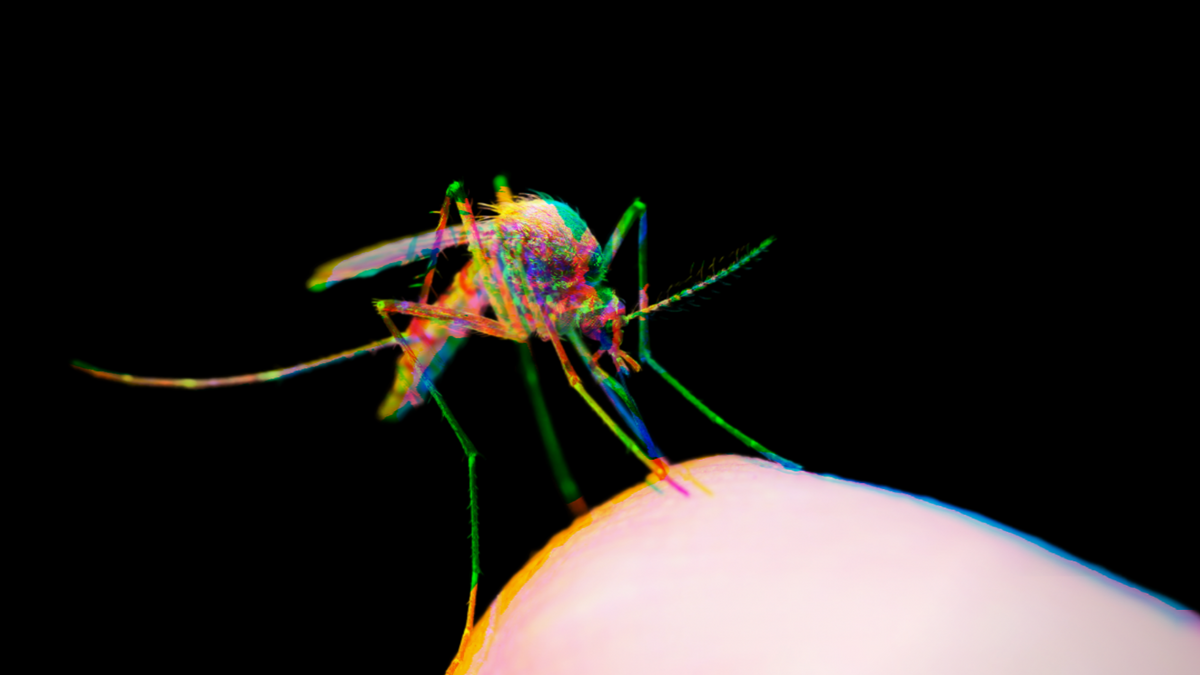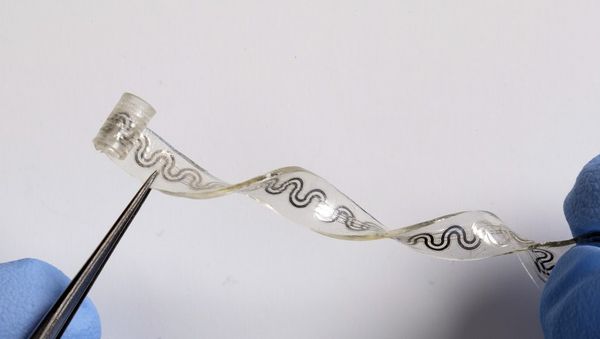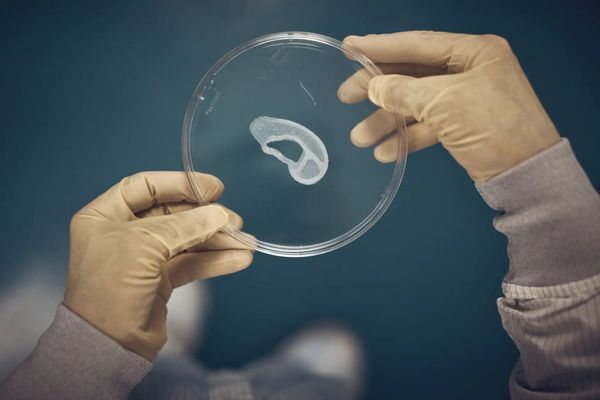Researchers in Indonesia have discovered a breakthrough in the fight against Dengue fever, essentially hacking mosquitoes to prevent the spread of the virus. They have found that infecting mosquitoes with Wolbachia bacteria prevents the dengue virus from replicating in their bodies, significantly reducing the possibility of spread to humans. The best part is Wolbachia bacteria is perfectly harmless to mosquitoes.
The method has resulted in a 77% decrease in dengue fever cases in the trial study. The World Mosquito Program plans to replicate the trial in other regions affected. Dengue fever is a severe pandemic. At least 100 million people are infected each year. Between 2010 and 2020, more than 7,300 dengue cases were reported in the US.
One of the most famous and revolutionary methods to reduce the spread of the dengue virus came from Oxitec, a UK-based biotechnology company targeting dengue fever and other mosquito-borne illnesses. Oxitec genetically modifies mosquitoes to pass self-limiting genes to their offspring, a method known as a gene drive. When released, genetically modified males breed with females in the wild. As a result, the new generation cannot survive into adulthood, effectively reducing the overall population. Recently, Oxitec announced that it would be releasing its genetically modified mosquitoes in the Florida Keys, a first in the US.









